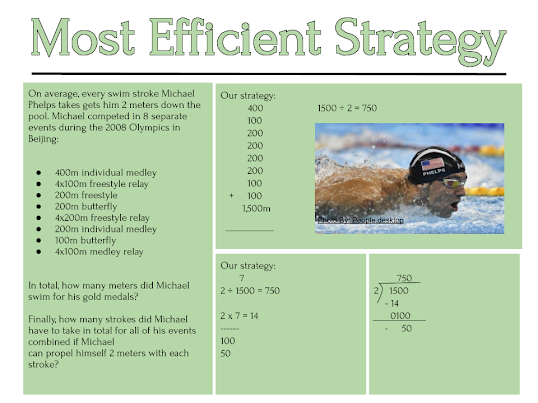LI: To create a DLO describing poros charectar
I am a Year 8 student at Panmure Bridge School in Auckland, NZ. I am in Learning Space 2 and my teachers are Mrs Anderson and Mrs Fisi'iahi.
Friday, 30 July 2021
Poros of Malia
Flow Charts and Radio Chat
Learning Intentions
To understand how flowcharts relate to coding blocks.
To understand how to get the microbit to talk to another microbit using radio signals.
Here is my flowchart practice document.
The next activity today was coding the microbit to send a radio signal to another microbit. We had to make sure that both microbits were on the same group number so we didn't accidentally get a message from another group.
Wednesday, 28 July 2021
Super Finger Competion
LI: To recall our time tables quickly
Olympic Maths Chalenge
LI: To find the most efficent strategy
Olympic Challenege
LI: To find the most effiecent strategy
Olympics Venue Provocation
LI: To use provocation to understand both sides of the story
Thursday, 8 July 2021
Matariki
LI: To understand the meaning behind Matariki
Matariki
LI: To understand the meaning behind Matariki
Matriki
LI: To understand the meaning behind Matariki.
Friday, 2 July 2021
Coding In Python
L.I : To Learn how to code the Microbot in the Phyton.

Here is an example of the buttons, the main thing to notice is "def" which is defining what the on_button_pressed will make the microbot do. Again this has a top and bottom so the content has to go insde it.

The first one image shows the Phyton coding for the flashing hearts code that I made. It flashes between a small heart icon and a large heart Icon. The diference between python coding is that block coding uses blocks and python coding uses text that you have to type down.
Thursday, 1 July 2021
Organizing and Researching
LI: To use our smart searching skills to expand our knowledge of Ancient Greek Mythology.
Greek Mythology Notes
Vision Board
LI: To create a vision board of goals we want to achive









